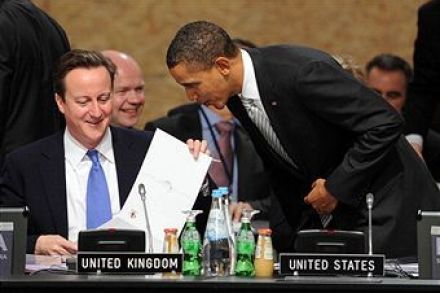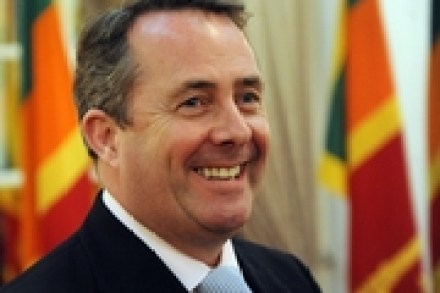Clarke for the high-jump
Dominic Grieve’s fate as shadow Home Secretary was sealed by a lunch at News International headquarters in Wapping. Grieve went to lunch with various Sun executives and rather than talking tough on crime he laid into the paper for how it covered the issue, claiming that it stoked fear of crime. The word then came back to Tory high command, via Andy Coulson, that the paper would not endorse the Tories as long as Grieve remained in that job. He was duly replaced by Chris Grayling in the ‘pub-ready reshuffle’ of January 2009 after less than a year in the job. So one can only imagine how Downing Street feels


















